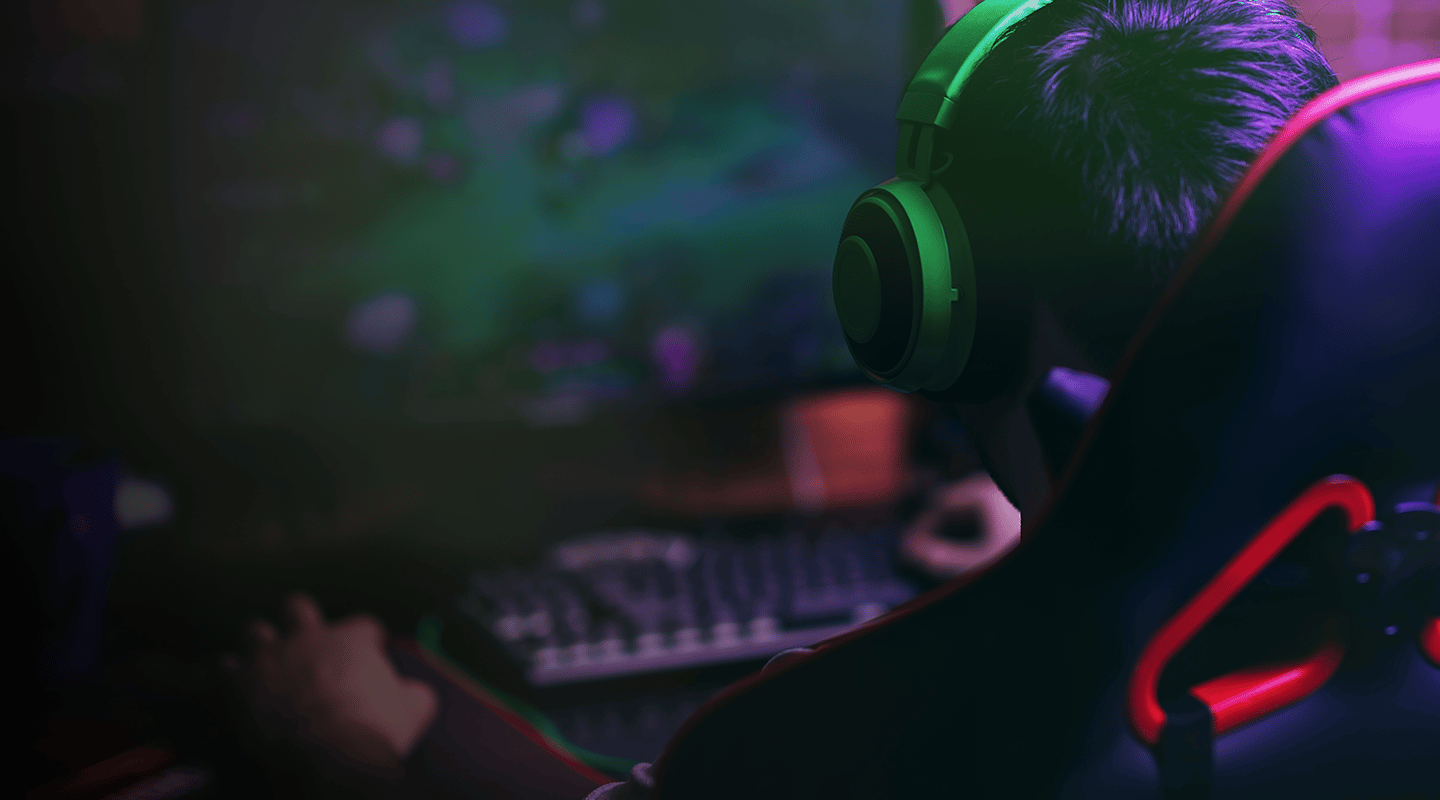
Video game security solutions
Denuvo by Irdeto is the leading video game protection, preventing pre-release leaks, piracy and ensuring cheat-free gameplay
Trusted by:
Securing video games against leaks, piracy and cheating
Protecting game value, enhancing player experience
Gaming scales, so do risks
The video game industry is expanding fast, with more players, platforms and revenue opportunities. But with that growth come serious risks: Game leaks, piracy and cheating now threaten profits, reputation and player trust at every stage.

Protection without compromise
Denuvo by Irdeto offers purpose-built protection for games. We help studios prevent leaks, stop piracy and block cheats, across PC, console and mobile. Our solutions integrate seamlessly into the game life cycle, preserving both performance and player experience.

Trusted solutions, proven results
Leading developers and publishers rely on Denuvo by Irdeto for one reason: It works. With decades of security expertise, industry-tested technology and global support, we deliver scalable protection that keeps games secure and businesses running strong.

Who do we serve?
We protect the game industry’s value chain — from development to distribution
Real value for game studios, publishers and distributors
Denuvo helps you protect revenue, speed up development and safeguard your players, efficiently and at scale

Denuvo Anti-Leak
Helps studios protect pre-release content by preventing unauthorized access, detecting leaks early, and tracing them back to the source. It safeguards launch plans, limits exposure risks and enables fast enforcement, ensuring only the right people see unreleased games.

Denuvo Anti-Piracy
Prevents game cracking and unauthorized content use through advanced anti-piracy tech and secure DLC protection. It monitors piracy activity, delivers actionable insights and supports enforcement, helping publishers protect revenue and control distribution across markets.

Denuvo Anti-Cheat
Ensures fair play by detecting and blocking cheats at runtime and behavioral level. It protects competitive integrity, analyzes bot behavior using AI and disrupts cheat markets, giving developers tools to defend gameplay and earn player trust.




Certifications

Certified against
ISO/IEC 9001:2015 by EY CertifyPoint
Certificate No: 2020-016

Certified against
ISO/IEC 27001:2022 by EY CertifyPoint
Certificate No: 2020-017
/Images/Module%20-%20footer/spiral.svg)
